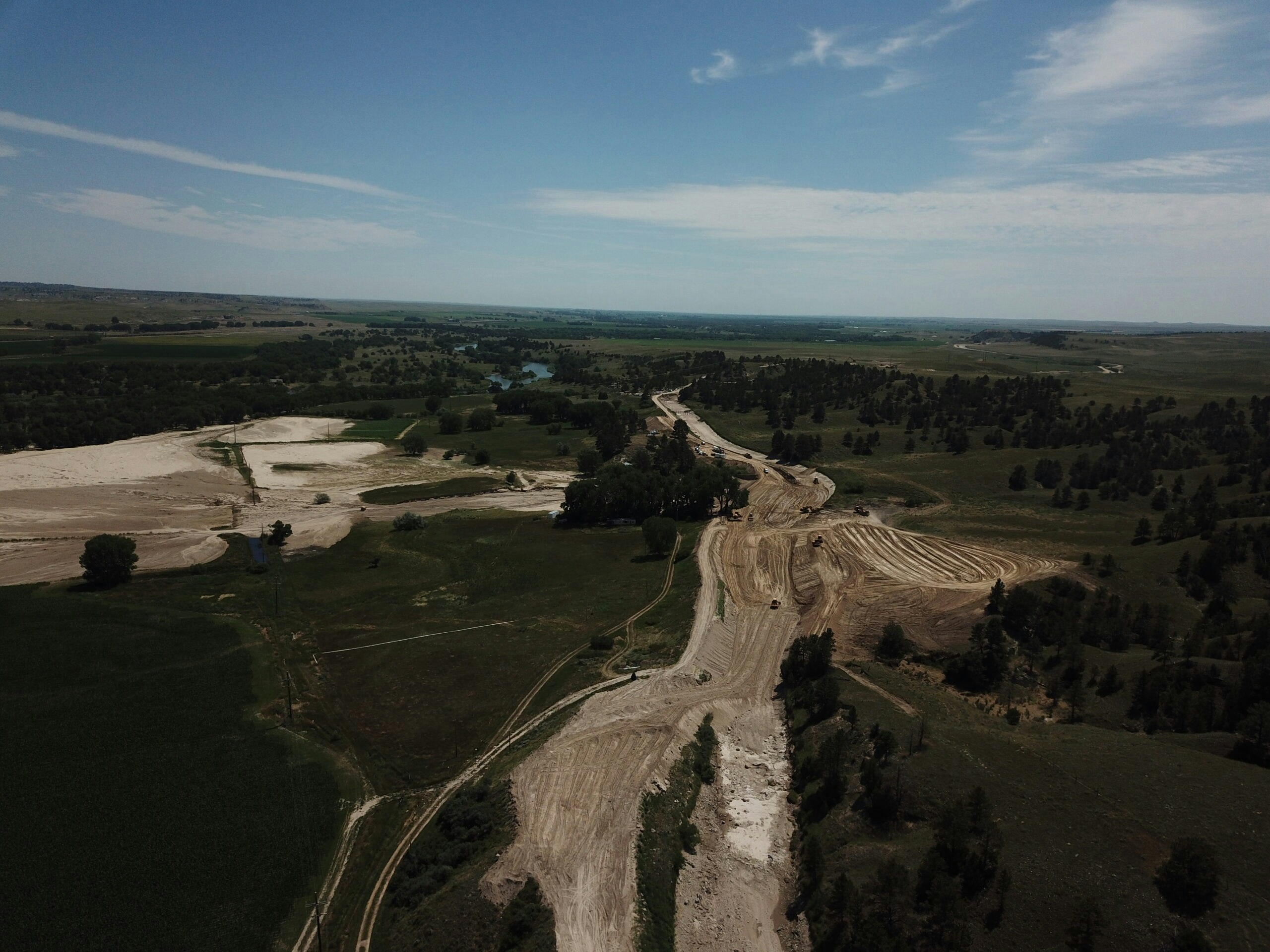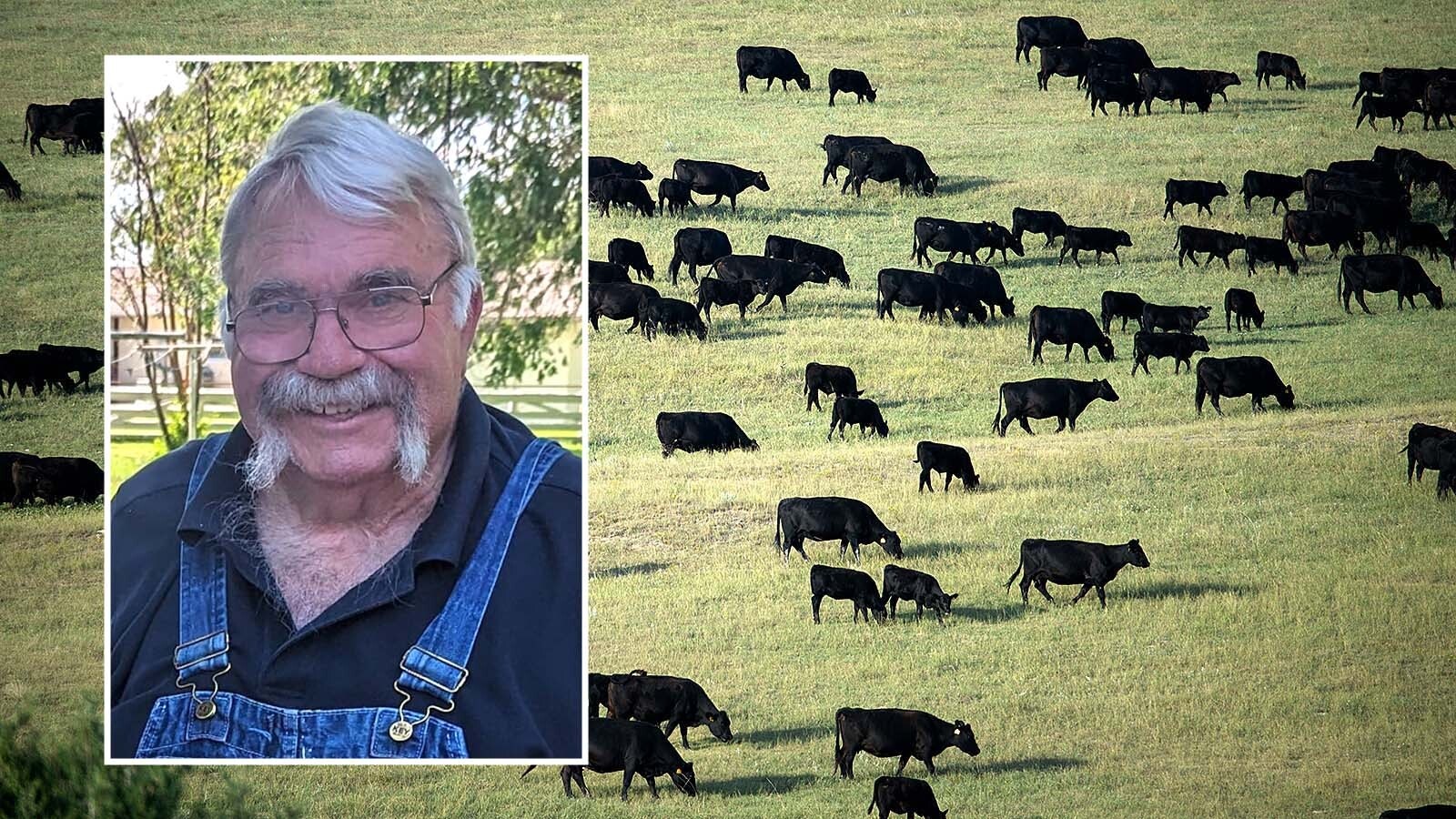Over 100,000 acres of farm and ranch land in eastern Wyoming and western Nebraska have been without irrigation water for more than two weeks after an 102-year-old irrigation canal collapsed.
For the roughly 800 farm and ranch families whose operations straddle the Wyoming-Nebraska state line, the situation is dire and the clock is ticking.
“It was the worst timing in the world,” Goshen County Irrigation District manager Rob Posten said. “17th of July when it’s 90 degrees everyday and not much rain. Couldn’t have been any worse timing.”
“It’s my worst nightmare,” Posten added.
Wyoming Governor Mark Gordon and Nebraska Governor Pete Ricketts have both signed emergency declarations allowing the use of state resources to get the old canal repaired and running water.
“I have been in crop insurance for 20 years, and I have never seen anything like this.”
CSD: Crop insurance might not cover irrigation canal collapse losses (July 29, 2019)
The massive canal, constructed during World War I, runs 85 miles through Wyoming and another 45 miles in Nebraska.
“If there was a hundred year warranty it ran out last year,” said Shawn Madden with Torrington Livestock Auction.
There is hope to salvage at least part of the year’s crop yield as Wyoming meteorologist Don Day predicts some rain may be on the way for eastern Wyoming and western Nebraska. The bad news, Day warns, is that late August in Wyoming tends to be bone dry.
For the livelihood of 800 families, the window to get the canal operational is small and getting smaller.
However, Cactus Covello of Points West Bank said the farming families of the region will find a way through the crisis.
“Agricultural people in Nebraska and Wyoming, they’re the most resilient you’re going to come by,” he said. “They’re tough. They’ll find a way. We may lose some, but you won’t lose many. They’ll find a way to survive.”





